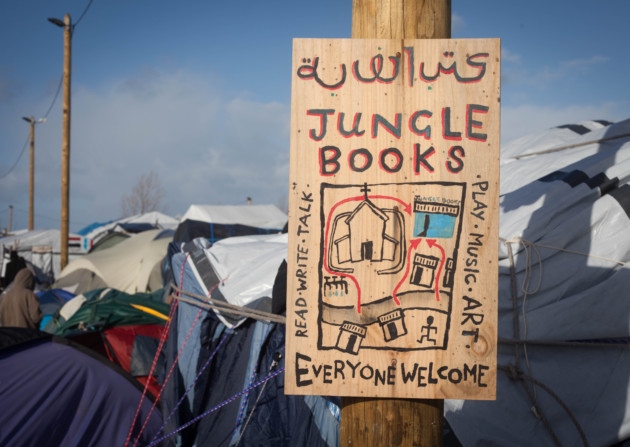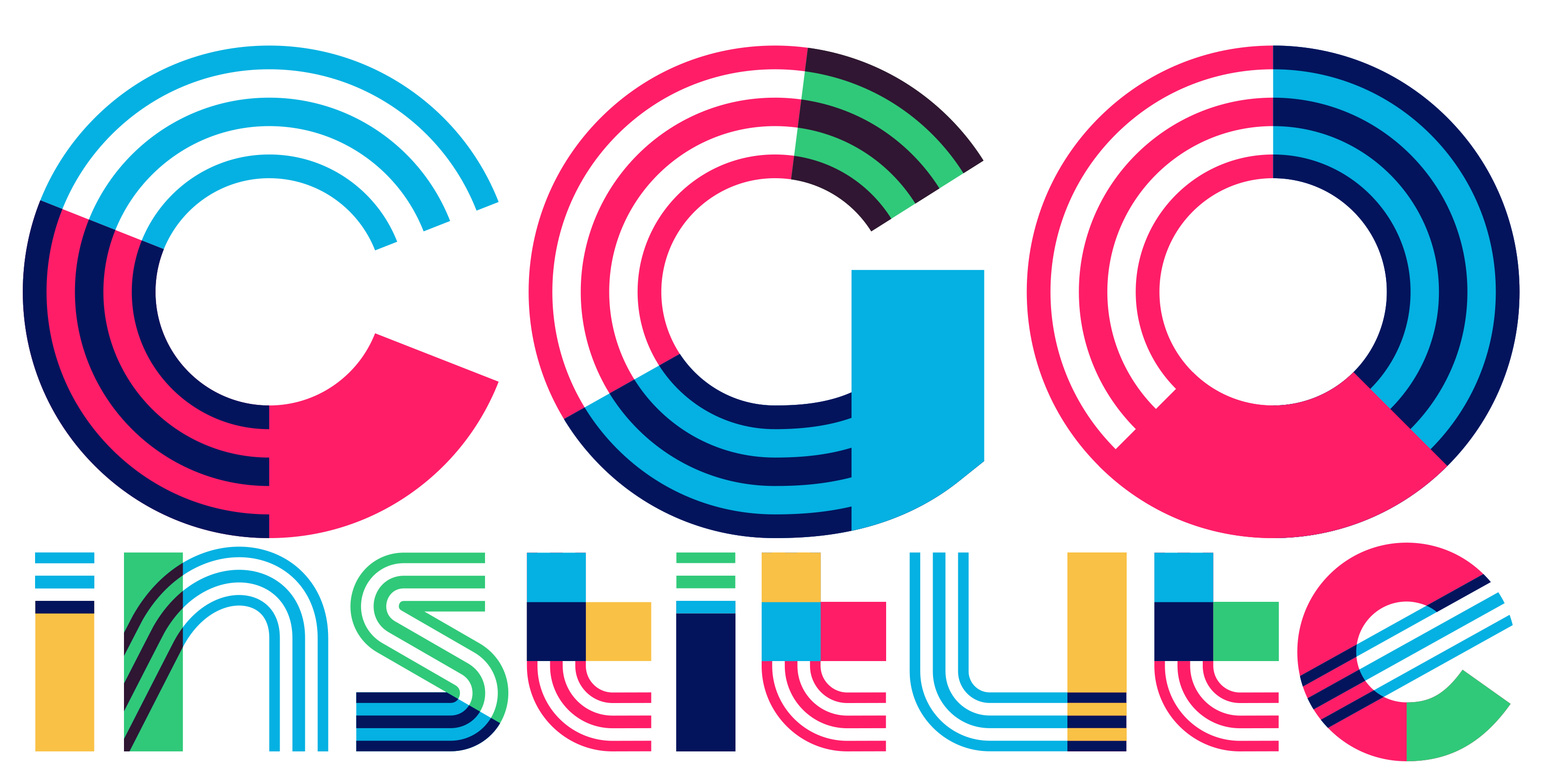 This is my second in a series of 3 blogs following 3 days working around the Jungle and the Refugee Community Kitchen last week. Please read both/all and share. Thank you.
This is my second in a series of 3 blogs following 3 days working around the Jungle and the Refugee Community Kitchen last week. Please read both/all and share. Thank you.
Many hundreds of volunteers go to work in Calais, filling the hostels and Airbnb, giving the bus drivers a good full load on historically very quiet routes, and finding their ways around the bars and restaurants. They seem pleased to have the custom, but like most residents, wary of having the camp so close to their town. There is a sense of concern that could amplify if the militaire/police continue to follow instructions from some government on high and make the 7000 peaceful residents in the refugee camp even more uncomfortable. For the moment the different groups from Afghanistan, Iran, Ethiopia, Sudan and many other nations continue to live in harmony, with the greatest threat being boredom. They have their life on hold in this limbo-land on the final stage of their journey to a new home where they can make money again, regain their dignity, use their skills, and pay their UK taxes.
Some volunteers stay for 6 months, like my daughter and her partner working in running the prep-kitchen and the fleet of transport vehicles, but most are there for a week or two, or even a couple of days (like me on this my first, but not my last, visit). What I hadn’t realised was that the main workforce, around 150 of us, work in a warehouse which is well outside the camp, and many of us have no reason to visit the camp. Because I was put almost immediately on deliveries and because I was supporting two long-term volunteers, I gained a very rich overview of the camp, the warehouse, Dunkirk, Lille and beyond [see my first blog yesterday].
There is one beautiful corner of the camp where I did have a chance to meet some long-term residents, and where volunteers can offer their conversational skills. The Jungle Books is an adult training area where refugees can come together to meet people to practice, or learn, English and French. For some, at least, there is a need to get proficient in English not just for general conversation, but also so that they can practice their technical skills in their hoped-for new home. There are doctors and dentists, engineers, mathematicians and scientists, chefs and marketing specialists all wanting to offer their skills, start businesses, offer employment to others, and pay their UK taxes.
I had the pleasure of meeting a learned graduate of Tehran University who ran a major computer business in his home, and is now knee deep in English studies online and through conversation to ensure that he is ready to work in the UK. In time he will build a business which will offer employment and revenues for other UK citizens. He seems endlessly positive and he is passionate about learning skills of self development, rich in knowledge of US publications and expert authors I have never heard of. He is using his skills and personal energy to help others in the camp who are less self-motivated, and more likely to dip into depression. He walks all day, thinking, talking, learning from his downloaded books, and then coming to Jungle Books in the early evening to meet some of us volunteers. I look forward, soon I hope, to sharing a coffee with him in London when eventually he finds his way to this country. He will be an asset to the global computer industry with his world knowledge, rich array of language skills, and up to the minute knowledge of network computing strategies for business.
After a day of chopping veg to feed the camp, it is wonderful to meet a few of the people we are all seeking to help, as well as so many new friends around the carrots and potato chopping tables.
As I finished my 3 days I headed to the train station for a Eurostar cheap advance train back to London. At customs in Calais I queued with a group of 5 people who had been on a trip to the camp to see the facilities and to meet residents for themselves. Organised by Unicef, there were Baroness Anne Jenkins, Baroness Morris of Bolton, Tim Mongomerie of the Times and two fellow travellers. These fact finding missions offer a humanizing / personalizing opportunity. The danger otherwise is that the situation is only understood through media headlines and formal reports. It must be so important for politicians and thought leaders. I took a quick deep breathe and decided to talk with them, as a proud dad, who had just returned from the Warehouse. They were interested to learn of the work of the jungle community kitchen, and the sheer mass of volunteers who are behind the scenes and may never visit the camp. They weren’t aware of this work off-site, and hopefully they will now have an even richer picture. I then settled my grubby carrot & potato stained self in a seat on the train, and left them to their phones and reports.
Hopefully this will prove a useful end to 3 days of amazing experience, helping do my bit. My next blog will follow as soon as I’ve checked a few of my facts with the Kitchen, and may (with her permission) include a long-term idea which Anna is hatching, which will need all the help of my readers.
For now, please remember that we each have a fair amount of time, talent, and treasure. If you have an excess of one of them at the moment – please think about donating some of that time, talent or treasure by going to http://refugeecommunitykitchen.com/. Anna & Jonny reckon it costs £3,500 per week just to do the hot food preparing into the camp – and that’s before the extra kids needing feeding following the militaire closing of in-camp kitchens. And that is not even counting the 7,000 people a week receiving cold/dry food supplies to cook themselves.
Please help – and money is, I gather, more helpful than a few cans of beans – because things are needed in such bulk.

[…] are two preceding blogs circulating which look at the work of the Refugee Community Kitchen and Jungle Books. These are just two parts of an intricate, fully functional, completely unexpected operation or […]